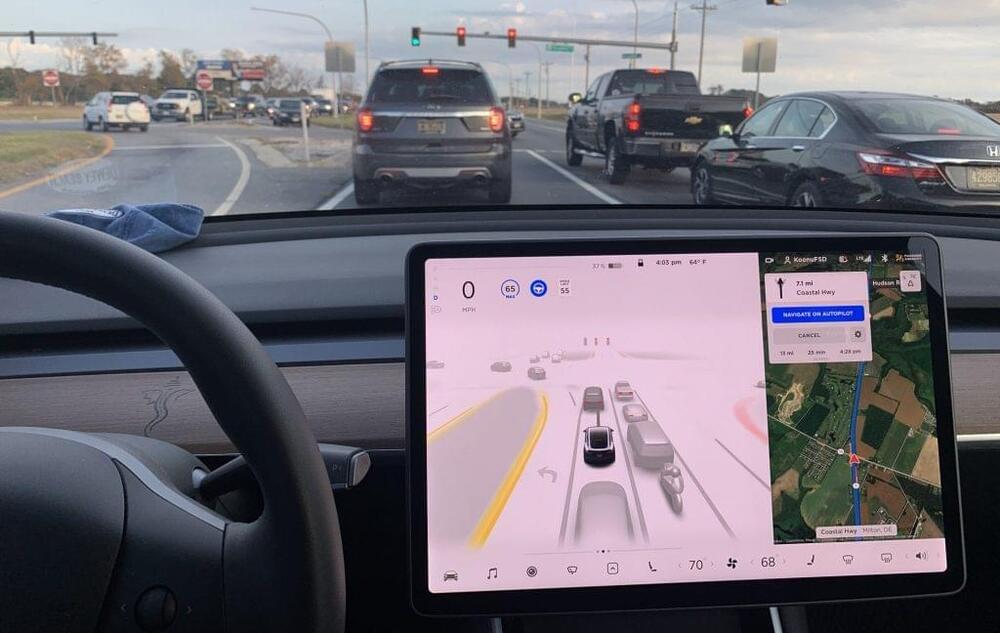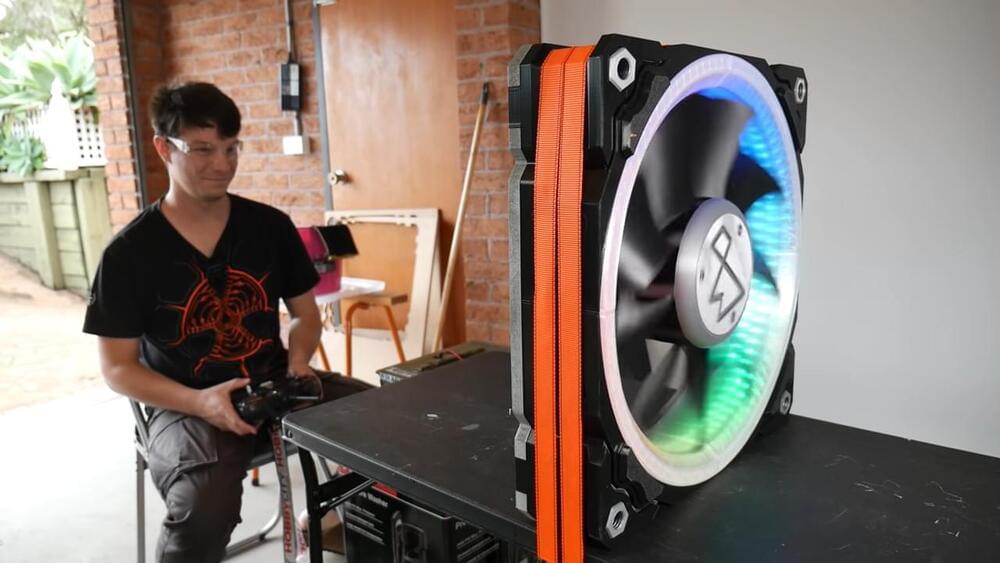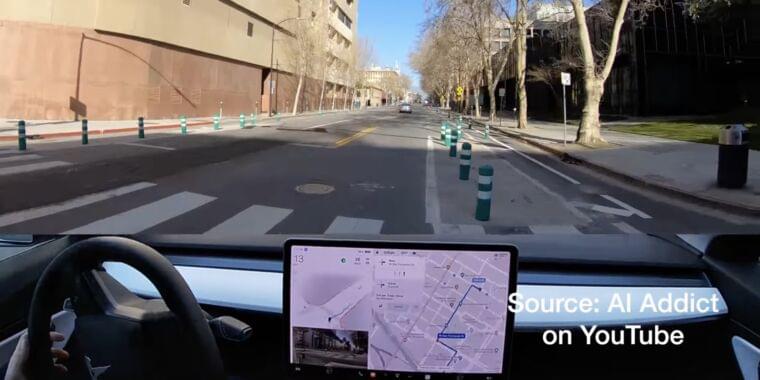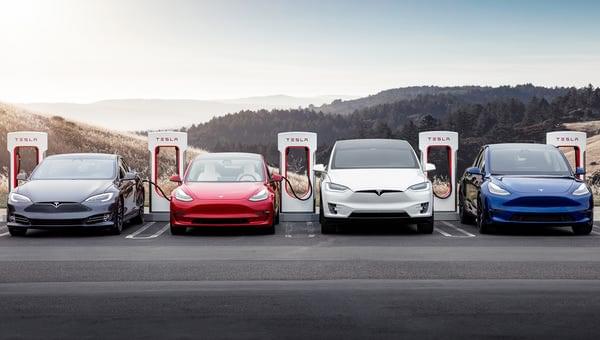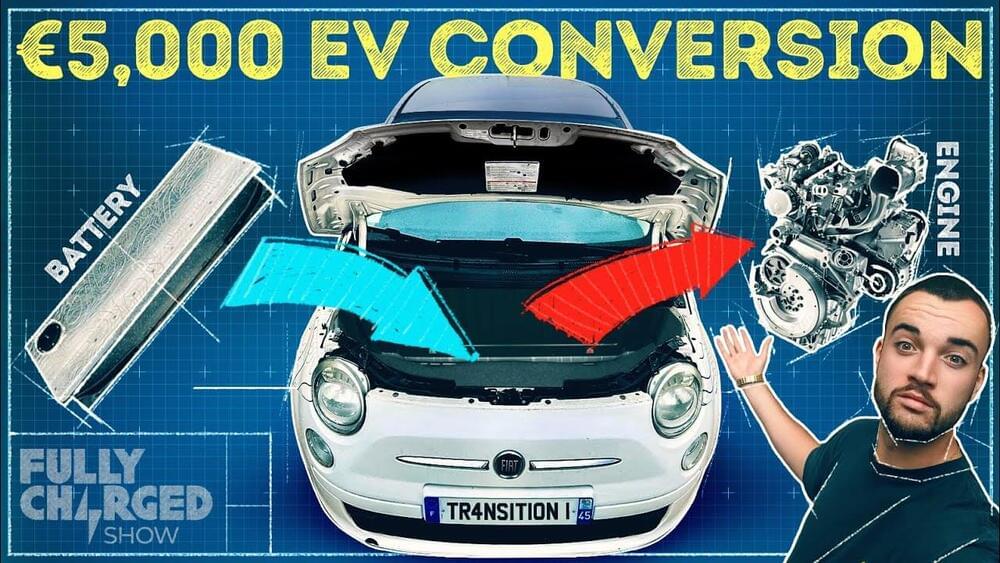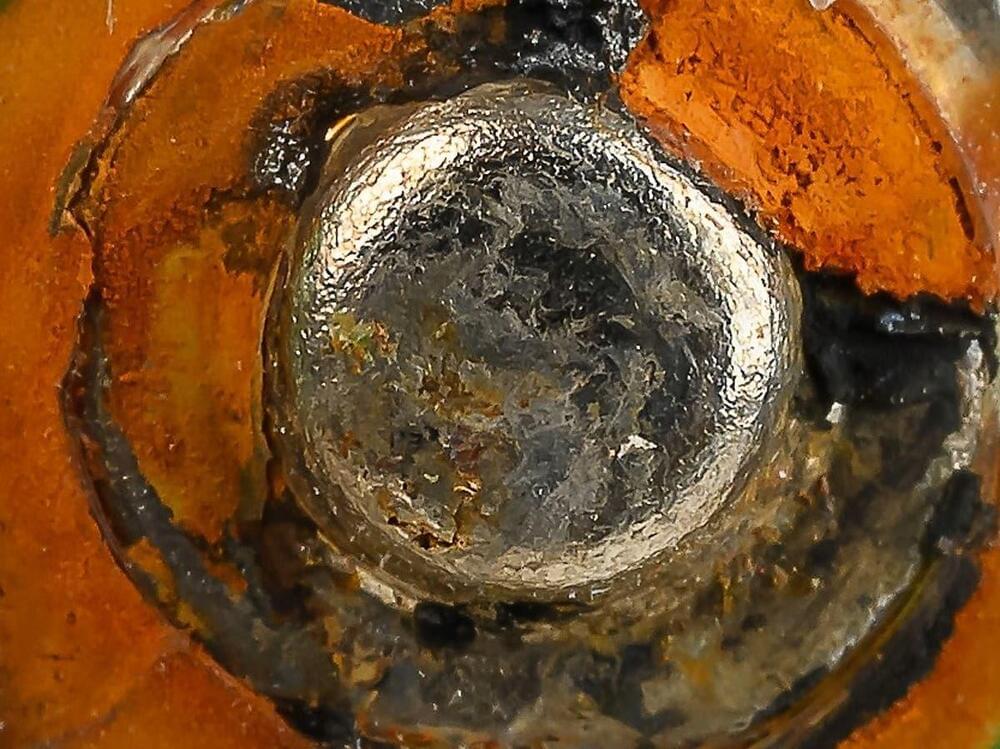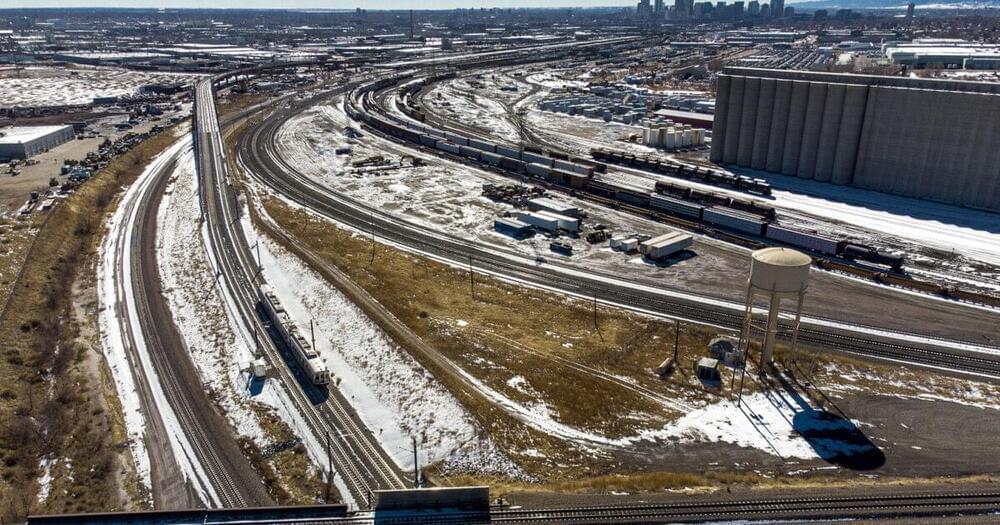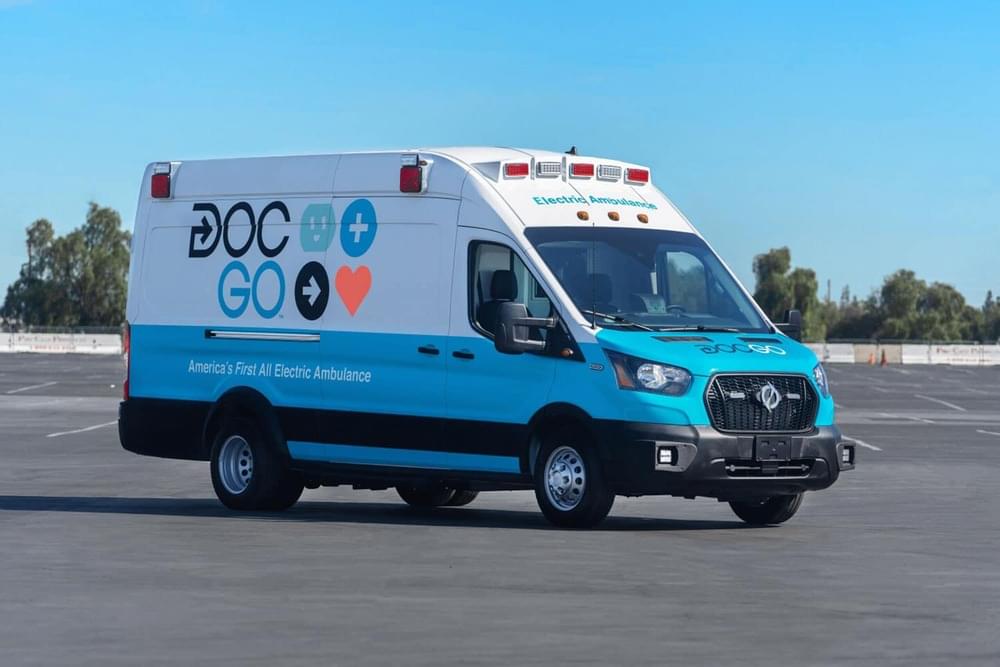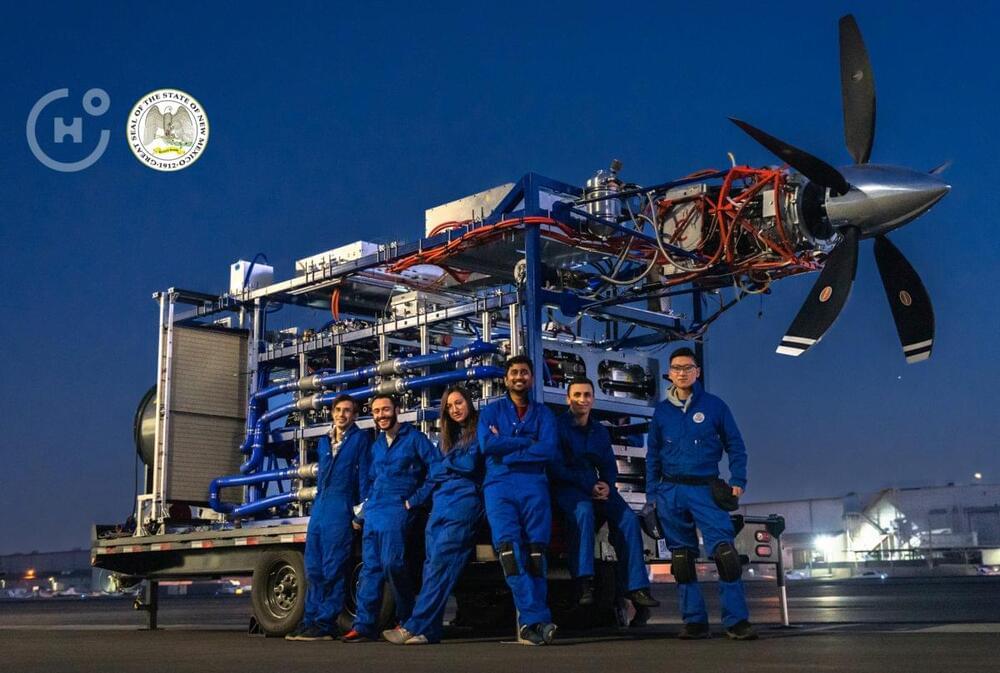Mar 18, 2022
As Tesla Giga Texas goes live, Austin aims to become a hub for transit innovations
Posted by Genevieve Klien in categories: Elon Musk, robotics/AI, sustainability, transportation
Tesla’s Gigafactory Texas is about to start its operations, and when it does, it would be one of the United States’ most ambitious vehicle production facilities. The massive factory, which Elon Musk has noted will be almost a mile long when completed, is expected to hire thousands of workers in the area.
The arrival of Tesla in Texas and the influx of companies moving into the state will likely trigger an increase in the number of people residing in cities like Austin. With this in mind, Austin transit leaders recently stated that the city’s transportation network would play a critical role in aiding or hindering further development. After all, all those new workers need a way to get to and from their jobs.
The discussions were held during a South by Southwest panel on Thursday, where transportation startup leaders highlighted that Austin’s efforts to invest in new mass transit operations are steps in the right direction. Austin-based AI Fleet CEO Marc El Khoury noted that the city and its surrounding areas would be attractive for companies developing innovative transit technologies.
